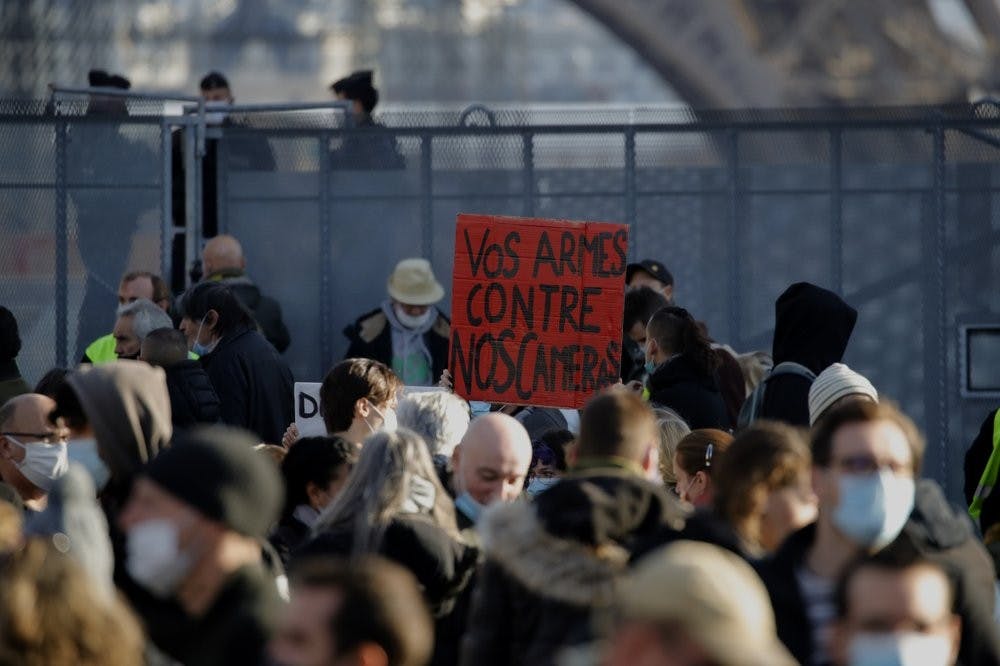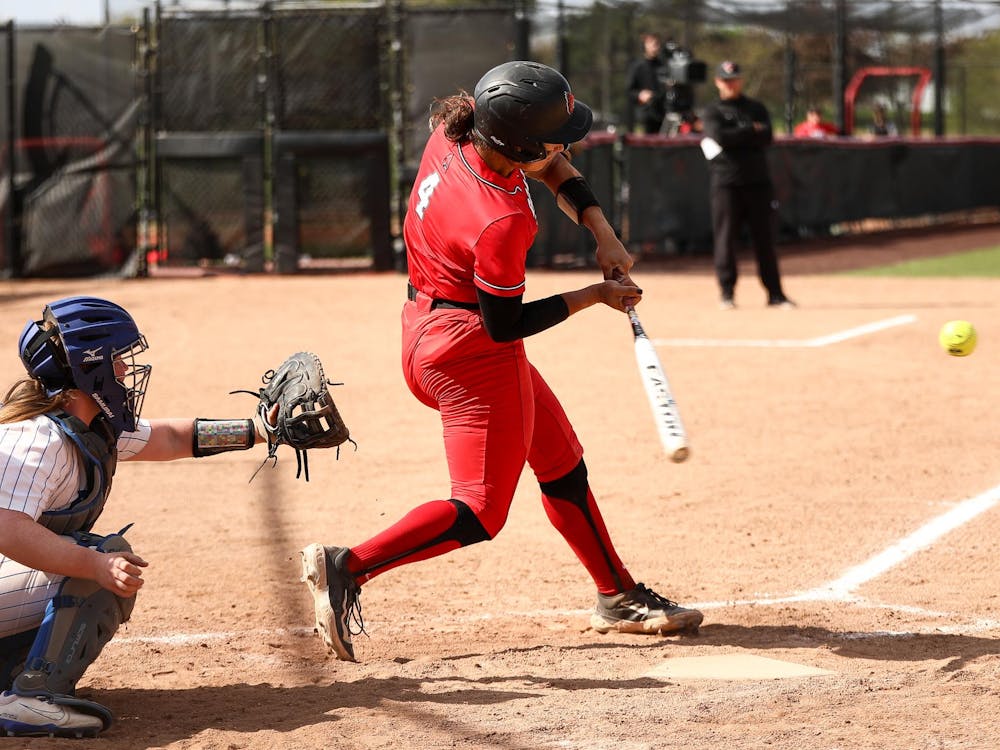Editor’s Note: This listicle is part of a weekly series by The Ball State Daily News summarizing five stories from around the world. All summaries are based on stories published by The Associated Press.
G-20 leaders agree to prioritize COVID-19 vaccine development, the UK will go back to a three-tiered restrictions system Dec. 2, APEC leaders agree on free trade, a proposed Singapore-Hong Kong travel bubble is delayed and a proposed French bill restricting the publishing of police images sparked protests make up this week's five international stories.
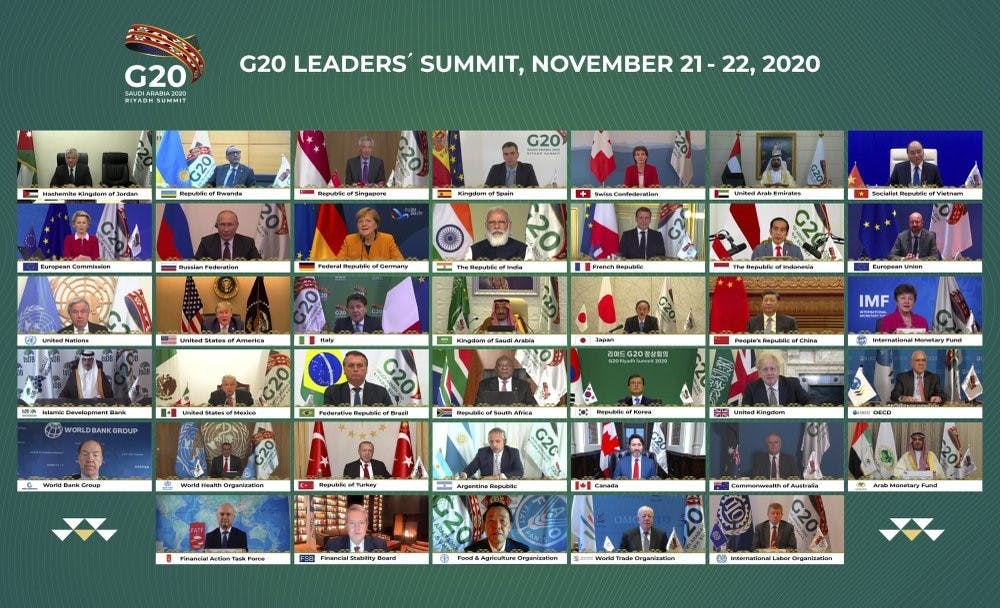
G-20 summit ends with support for COVID-19 vaccines for all
Leaders of the world’s most powerful nations wrapped up the Group of 20 summit on Sunday, vowing to spare no effort to protect lives and ensure affordable access to COVID-19 vaccines for all people. The two-day summit of heads of state was held virtually due to the coronavirus pandemic. The G-20, which includes the U.S., India, China, the U.K., France, Germany, Japan and others, also stressed the importance of global access to COVID-19 vaccines, drugs and tests. It expressed support for efforts like COVAX, an international initiative to distribute COVID-19 vaccines to countries worldwide. The U.S., however, has declined to join under President Donald Trump.
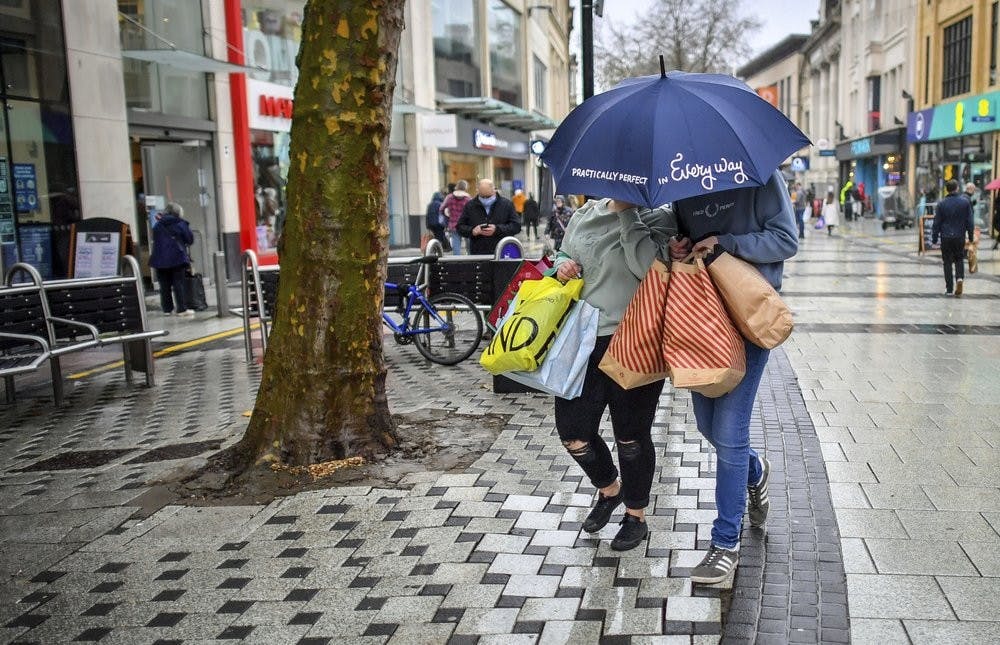
UK leader to end England's coronavirus lockdown on Dec. 2
British Prime Minister Boris Johnson announced plans for strict regional measures to combat COVID-19 after England’s lockdown ends Dec. 2. Johnson’s office said late Saturday that the government plans to return to a three-tiered system of restrictions, with areas facing different measures depending on the severity of their outbreaks. Though it is likely that a much-criticized 10 p.m. curfew on bars and restaurants will be altered, the tiers are likely to include tighter restrictions than when they were first used in October even as more communities are expected to be placed in the two highest virus alert categories.
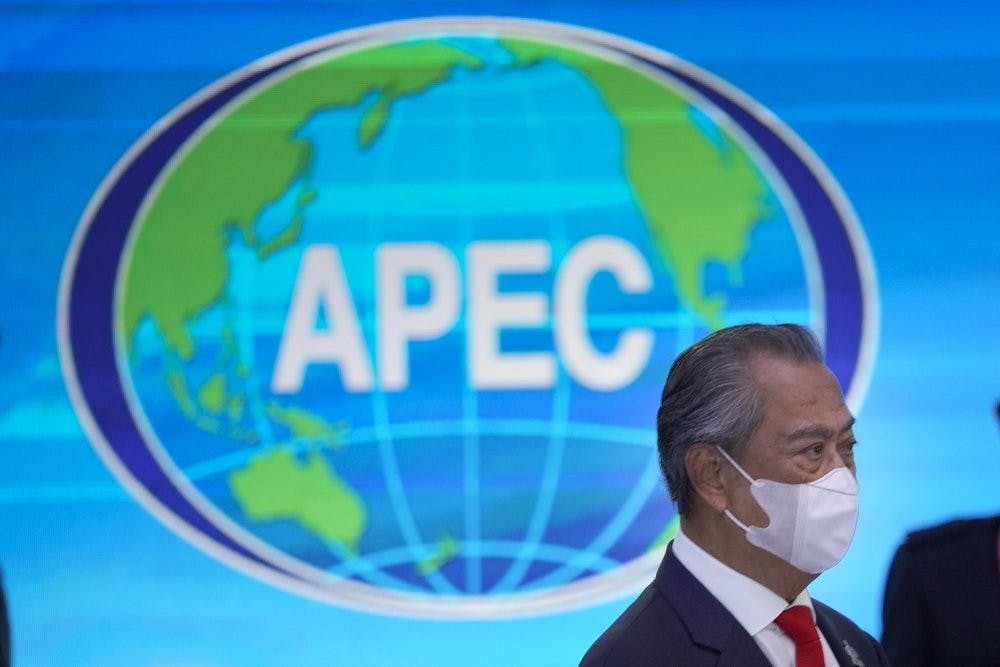
APEC leaders, including Trump, agree on free trade
Leaders from the Asia-Pacific Economic Cooperation forum, including U.S. President Donald Trump, pledged Friday to work toward free, open and non-discriminatory trade and investment to revive their coronavirus-battered economies. The leaders cast aside differences to issue their first joint statement since 2017, in which they agreed to further deepen regional integration by working toward a massive free trade agreement involving the 21 APEC economies. With growth in the Asia-Pacific region expected to slump 2.7% this year, from a 3.6% growth in 2019, Malaysian Prime Minister Muhyiddin Yassin said APEC’s focus was on accelerating economic recovery and developing an affordable vaccine.

Spike in cases delays Singapore-Hong Kong travel bubble
Singapore and Hong Kong on Saturday postponed the start of an air travel bubble meant to boost tourism for both cities, citing a spike in infections in the Chinese territory as a “sober reminder” of risks to public health. The travel bubble, originally slated to begin Sunday, will be delayed by at least two weeks, Hong Kong’s minister of commerce and economic development, Edward Yau, said at a news conference. The arrangement is meant to allow travelers between the two cities to enter without quarantine as long as they complete coronavirus tests before and after arriving at their destinations, and fly on designated flights.

Demonstrators chant slogans during a protest against a bill on police images, in Paris, Saturday, Nov. 21, 2020. Thousands of people took to the streets in Paris and other French cities Saturday to protest a proposed security law they say would impinge on freedom of information and media rights. (AP Photo/Christophe Ena)
France: Bill on publishing police images sparks protests
Thousands of people took to the streets in Paris and other French cities Nov. 21 at the urging of civil liberties campaigners and journalist groups to protest a proposed security law they say would impinge on freedom of information and media rights. Pending legislation in France’s parliament would create a new criminal offense for publishing images of police officers with intent to cause them harm. Offenders would face a maximum penalty of up to one year in prison and a 45,000-euro ($53,000) fine. Critics fear that, if enacted, the measure would endanger journalists and other observers who take videos of officers at work, especially during violent demonstrations.

